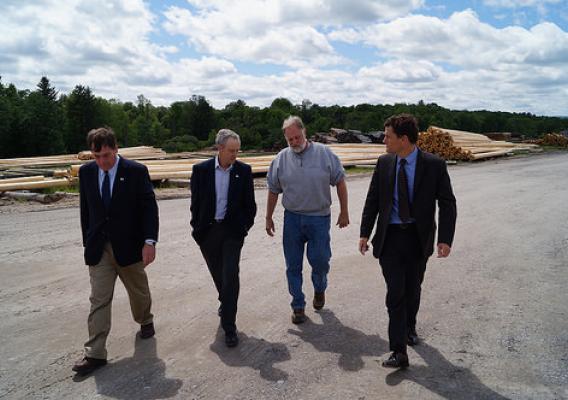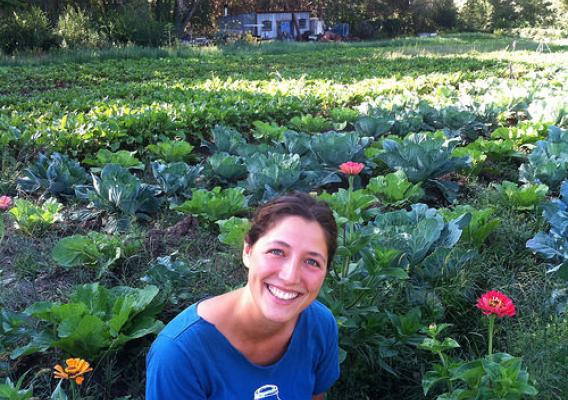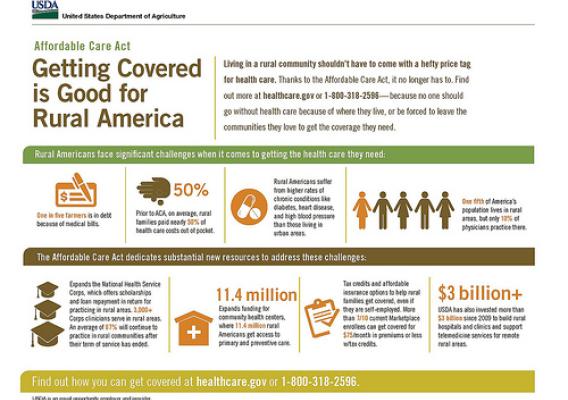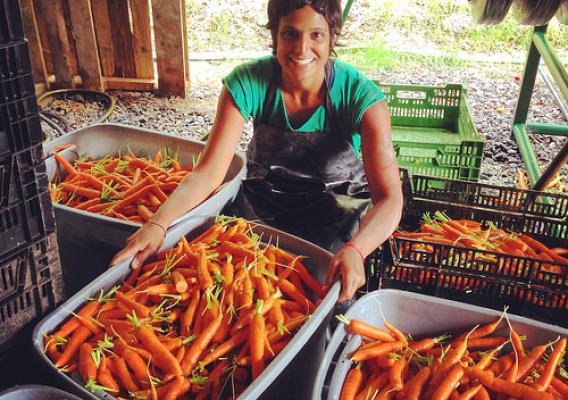As we look towards the Holiday season, here at USDA, we would like to give thanks to all of our farmers and ranchers, men and women alike, who provide us with a safe and affordable food supply. Every month, USDA shares the story of a woman in agriculture who is leading our industry and helping other women succeed along the way. Last month, a man by the name of D.H. Strongheart commented on the USDA blog asking if he could share his wife’s story. Below you will find Jennie’s story, as written by her husband, on how her passion for food and agriculture has evolved and why she is inspiring other women in agriculture to pursue their dreams.
Jennie's farming career has been an inspiring example of how agriculture can be combined with education, career development training, equity and empowerment. She has worked at a diversity of farms from New York, Vermont, New Mexico and Oregon, usually in a small to mid-scale setting (3-30 acres) and has become a leader of her generation, a generation in which smaller scale organic agriculture has become a dignified and ever-more popular career choice. Anyone who has ever worked with her knows that she is a real embodiment of leadership, hard work and inclusiveness.










